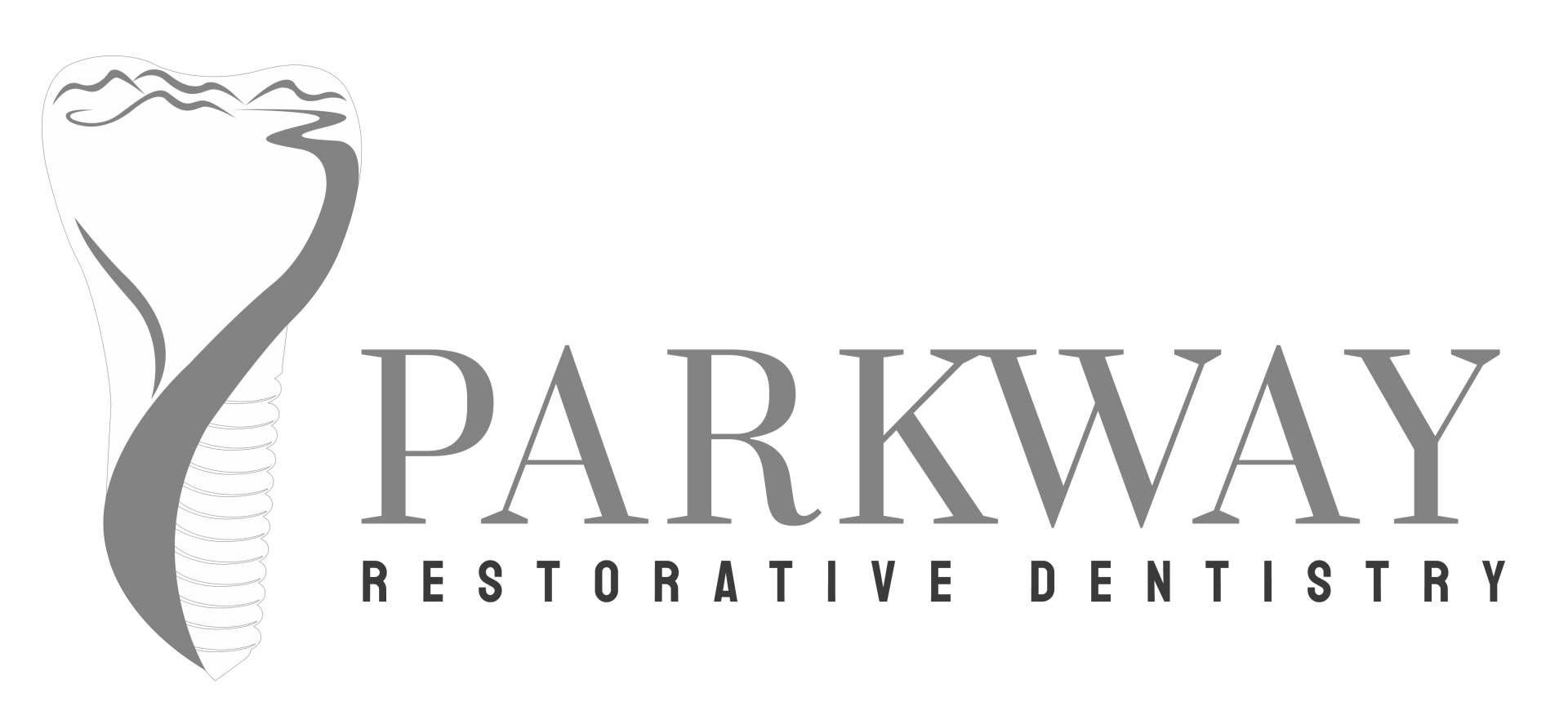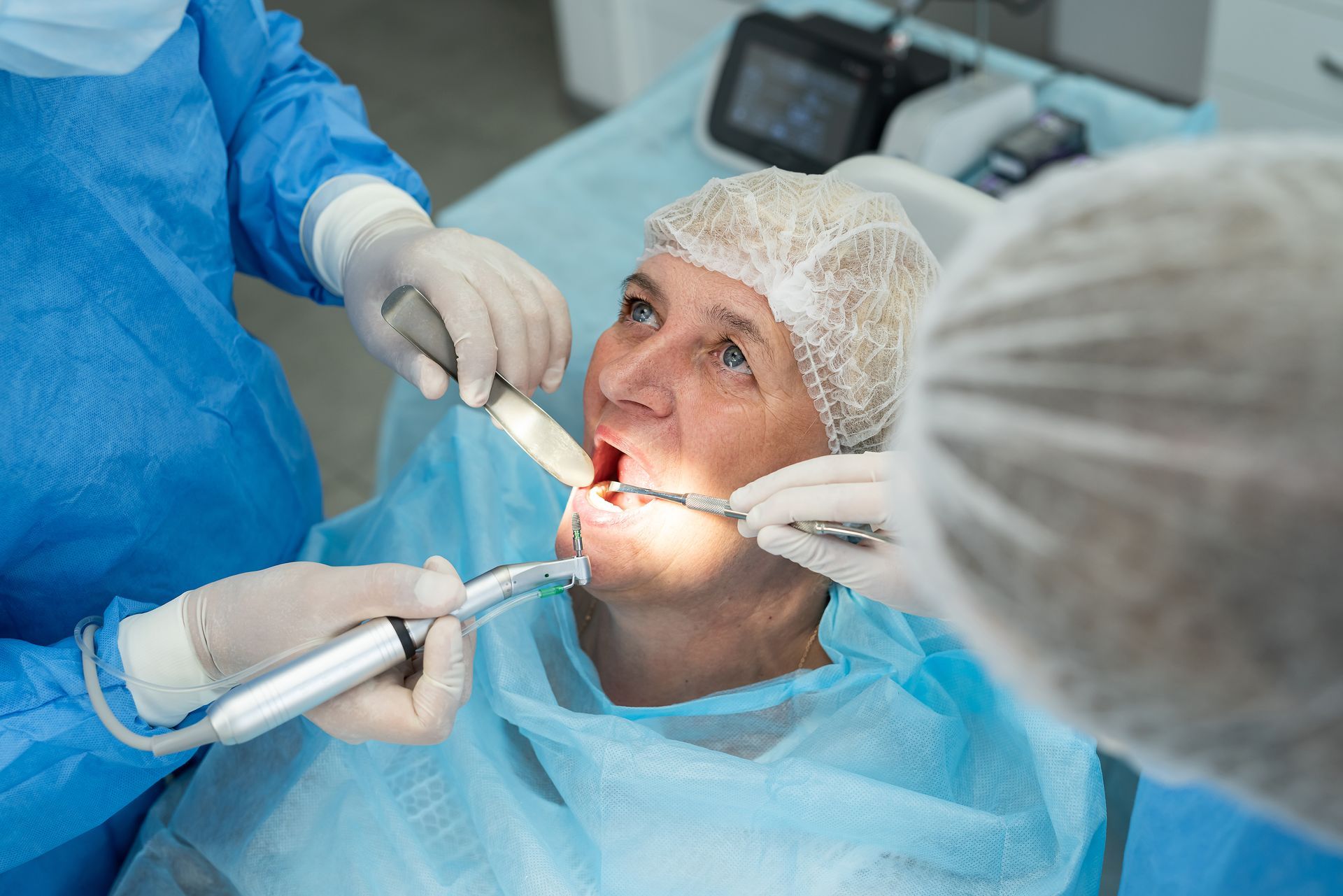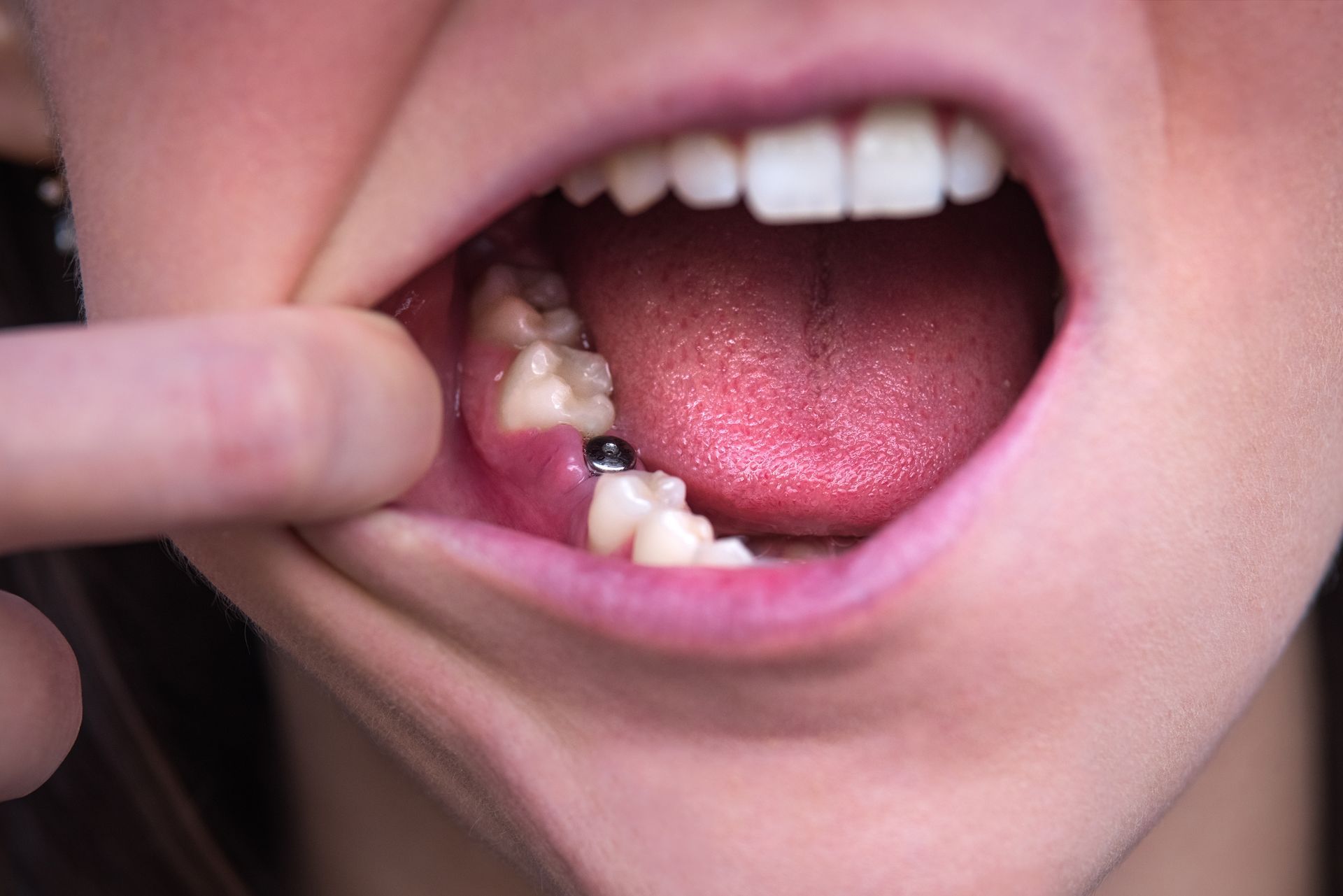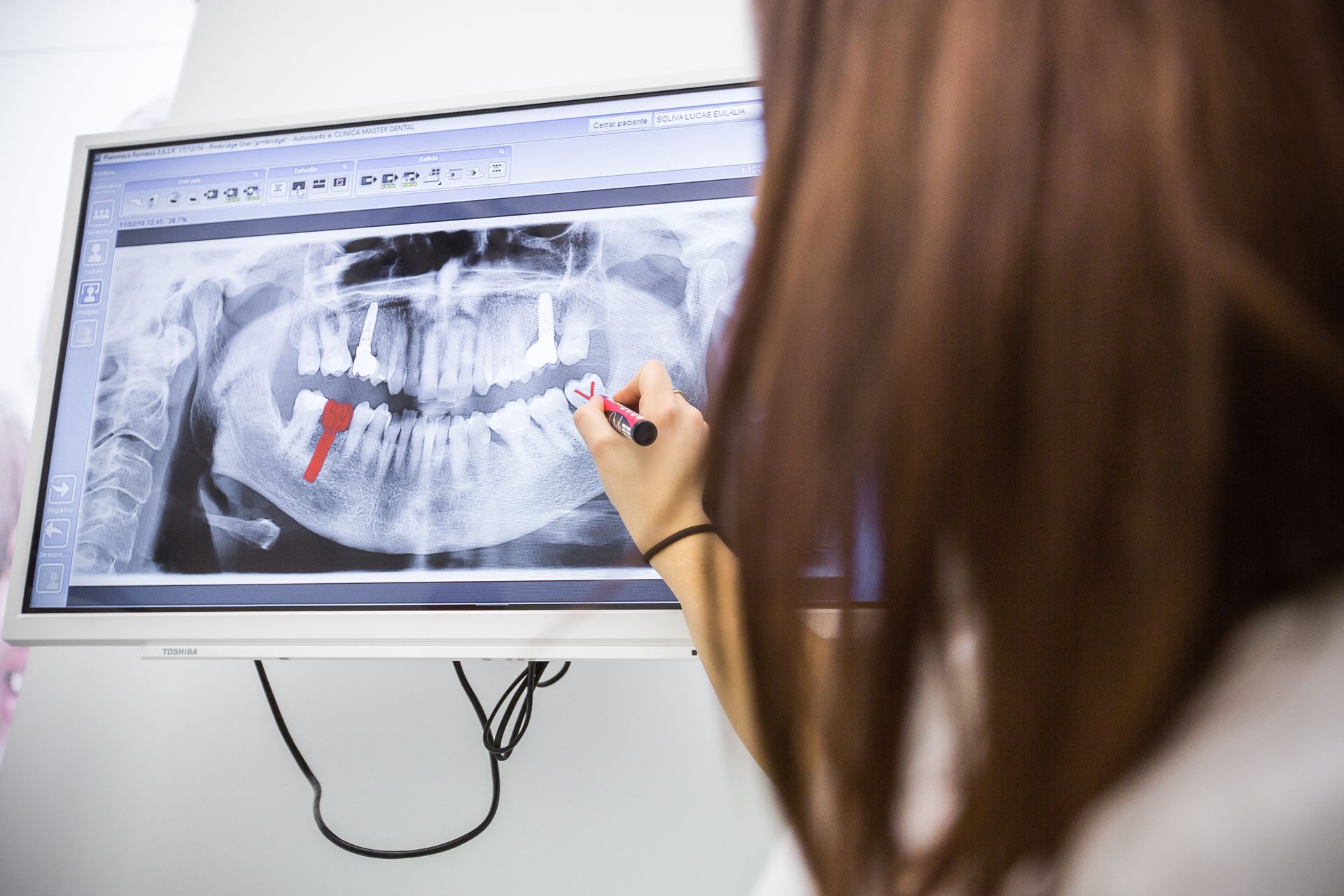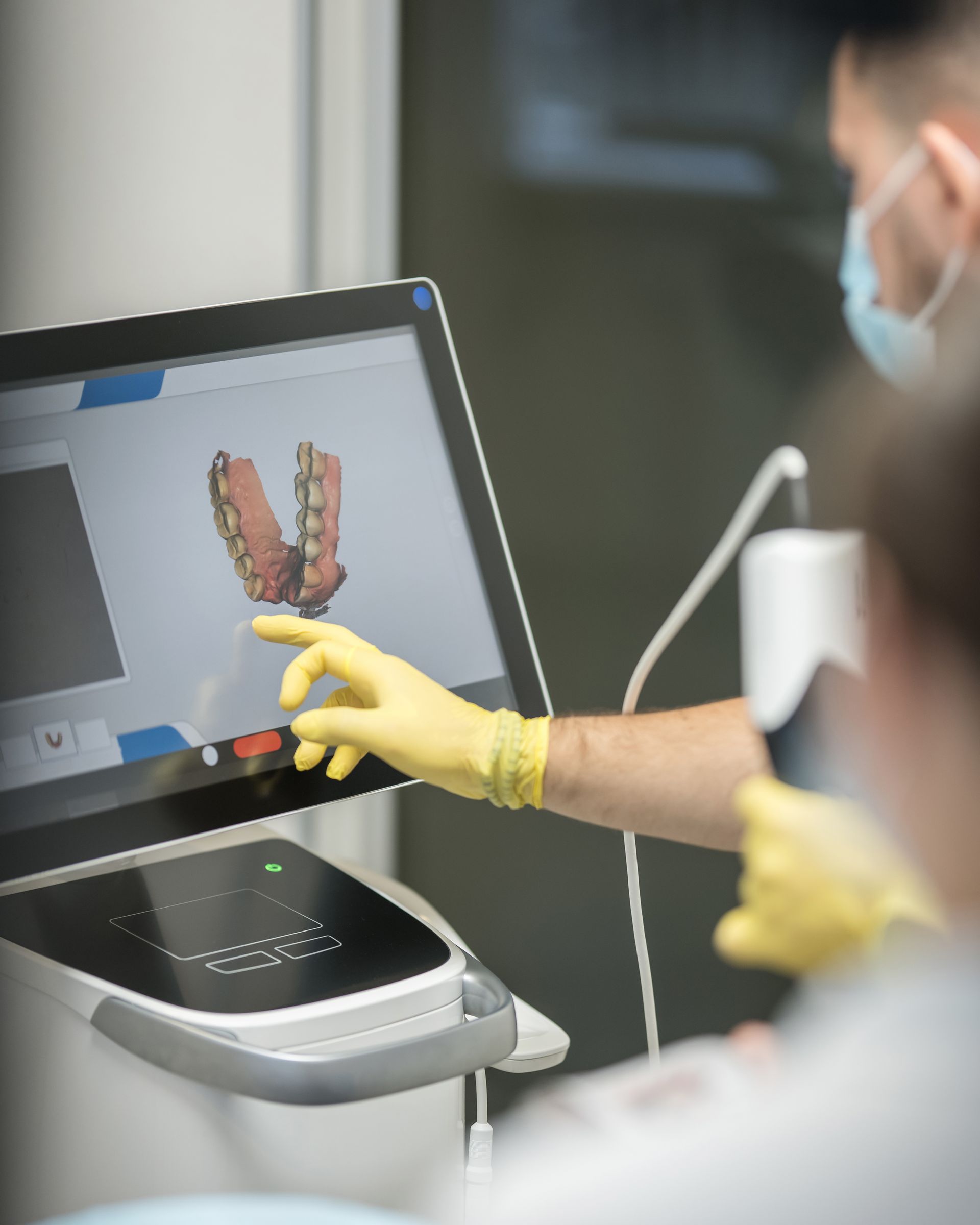Who Is a Good Candidate for Dental Implants? What Asheville Patients Should Know

Dental implants are one of the best ways to replace missing teeth. They look and feel natural, they last for years, and they help protect your jawbone. But one of the most common questions people ask is: Am I a good candidate for dental implants?
The answer depends on your oral health, your overall health, and your goals. At Parkway Restorative Dentistry in Asheville, we evaluate each patient carefully to make sure implants are the right choice. Let's take a closer look at what makes someone a good candidate.
General Requirements for Dental Implants
Most healthy adults are candidates for implants. You may be a good fit if you:
- Are missing one or more teeth
- Have healthy gums without untreated gum disease
- Have enough jawbone to support the implant
- Are committed to good oral hygiene habits
- Do not smoke, or are willing to quit during the healing process
- Are in generally good health
- Have realistic expectations about the treatment process
If you meet most of these requirements, there is a good chance implants could work for you. The most important factors are having adequate bone density and maintaining good oral health.
What If You Have Bone Loss?
Many people think they cannot get implants if they have lost bone in their jaw. The truth is, bone loss is common after tooth loss. When you lose a tooth, the jawbone that supported it begins to shrink over time because it no longer gets stimulation from chewing.
The good news is there are ways to fix it. Procedures like bone grafts or sinus lifts can restore enough bone for implants. While these add an extra step to your treatment, they make implants possible for many patients who would otherwise not qualify.
Types of Bone Building Procedures:
- Socket preservation right after tooth extraction
- Ridge augmentation to rebuild bone width or height
- Sinus lifts for upper back teeth
- Block grafts for more extensive bone loss
These procedures have high success rates and can often be done at the same time as implant placement.
Health Conditions That May Affect Candidacy
Certain health conditions can impact healing after implants. These include:
Conditions That Require Extra Care:
- Uncontrolled diabetes - affects healing and infection risk
- Autoimmune disorders - may slow bone integration
- Bleeding disorders - can complicate surgery
- Severe osteoporosis - may affect bone quality
- Cancer treatments - radiation or chemotherapy can impact healing
- Heart conditions - may require medication adjustments
Having these conditions does not always rule out implants, but your dentist will want to make sure your health is stable before moving forward. Working with your medical doctor is often part of the process.
Medications That May Impact Treatment
Some medications can affect implant success:
- Bisphosphonates (for osteoporosis)
- Blood thinners like warfarin
- Steroids that affect healing
- Certain antidepressants
Do not stop taking prescribed medications, but make sure to tell your dentist about everything you take, including supplements.
Age and Dental Implants
There is no strict age limit for implants. Many older adults choose implants and do very well with them. We have successfully placed implants in patients in their 80s and 90s. The main requirement is having enough bone and being healthy enough for the procedure.
On the other end, implants are not usually recommended for children or teens, since their jaws are still growing. Most dentists wait until patients are at least 18 years old.
Smoking and Dental Implants
Smoking can significantly reduce the success rate of implants because it:
- Slows healing after surgery
- Reduces blood flow to the gums
- Increases infection risk
- Affects how well the implant bonds with bone
If you smoke, your dentist may recommend quitting before treatment. Even cutting back during the healing period can improve your chances of success. Many patients use implant treatment as motivation to quit smoking for good.
Gum Disease and Implants
Active gum disease must be treated before implant placement. However, having a history of gum disease does not disqualify you from implants. In fact, implants can sometimes be easier to keep clean than natural teeth once your gums are healthy.
Steps we take for patients with gum disease:
- Treat the active infection first
- Establish good oral hygiene habits
- Monitor healing for several months
- Proceed with implants once gums are stable
What Happens During a Candidacy Evaluation?
At Parkway Restorative Dentistry, your implant consultation will include:
Comprehensive Examination:
- Medical and dental history review - understanding your health status
- X-rays or 3D scans to check bone health and density
- Gum health evaluation - checking for signs of disease
- Bite analysis - how your teeth come together
- Discussion of goals - single implant, multiple implants, or full mouth restoration
- Personalized treatment plan with estimated costs and timeline
This visit is the best way to know if implants are right for you. We take time to answer all your questions and explain every step of the process.
Special Considerations for Different Situations
Single Tooth Replacement
Usually the easiest case if you have healthy neighboring teeth and adequate bone.
Multiple Missing Teeth
May require several implants or implant-supported bridges. Treatment planning becomes more complex.
Full Mouth Restoration
Requires careful planning and may involve techniques like All-on-4 or All-on-6 to maximize use of available bone.
Previous Failed Implant
Can often be retreated successfully once we understand why the first implant failed.
Alternatives if You Are Not a Candidate Right Now
If implants are not the right fit at this time, there are other options:
Immediate Alternatives:
- Dentures - Affordable and quick, though less stable
- Bridges - Good for one or two missing teeth if nearby teeth are healthy
- Partial dentures - For multiple missing teeth
Future Possibilities:
- Implant-supported dentures - May require fewer implants than full-mouth restoration
- Mini implants - Smaller implants that need less bone
- Zygomatic implants - Special implants for severe bone loss
Sometimes we can also do preparatory treatments, like gum therapy or bone grafting, to help you qualify for implants later. Many patients start with temporary solutions while preparing for implants.
Why Dental Implants Are Worth Considering
Even if you are not sure whether you qualify, it is worth asking about implants because of the benefits they provide:
Long-term Benefits:
- They prevent bone loss that leads to facial sagging
- They restore chewing ability so you can enjoy more foods
- They can last a lifetime with proper care
- They look natural and boost confidence
- They do not affect neighboring teeth
- They are easier to clean than bridges
For many patients, implants are a life-changing solution. We have seen patients regain their confidence, improve their nutrition, and feel years younger after implant treatment.
What Makes Treatment More Successful?
Certain factors increase your chances of implant success:
- Good oral hygiene before and after treatment
- Non-smoking status
- Controlled medical conditions
- Adequate bone density
- Realistic expectations
- Commitment to follow-up care
The more of these factors you have, the better your chances of long-term success.
FAQs
Can seniors get dental implants?
Yes. Age is not a barrier as long as you are healthy and have enough bone. Many of our most satisfied patients are seniors who wish they had done it sooner.
What if I do not have enough bone for implants?
Procedures like bone grafts or sinus lifts may allow you to get implants later. We can often build the bone you need.
Can I get implants if I have gum disease?
Gum disease must be treated first, but many patients go on to successfully get implants afterward. Healthy gums are essential for implant success.
How do I know for sure if I am a candidate?
The only way to know is with a consultation that includes X-rays and a full exam. Every patient is different.
What if I have diabetes?
Well-controlled diabetes usually does not prevent implant treatment. We may work with your doctor to optimize your blood sugar levels.
Can I get implants if I grind my teeth?
Yes, but you may need a night guard to protect your implants from excessive force.
How long does the evaluation take?
Usually about an hour. We take our time to be thorough and answer all your questions.
Ready to Find Out if You Are a Candidate?
Curious if you are a candidate for dental implants? Schedule a consultation with Parkway Restorative Dentistry in Asheville today. Our team will evaluate your needs, explain your options, and guide you toward the right solution for your smile.
During your visit, we will give you honest feedback about whether implants are right for you. If they are not, we will explain other options that might work better. Our goal is to help you make the best decision for your health and happiness.
Disclaimer
This blog is for informational purposes only and should not be taken as dental or medical advice. Every patient's needs are unique. For guidance about your specific situation, please consult a licensed dental professional.
